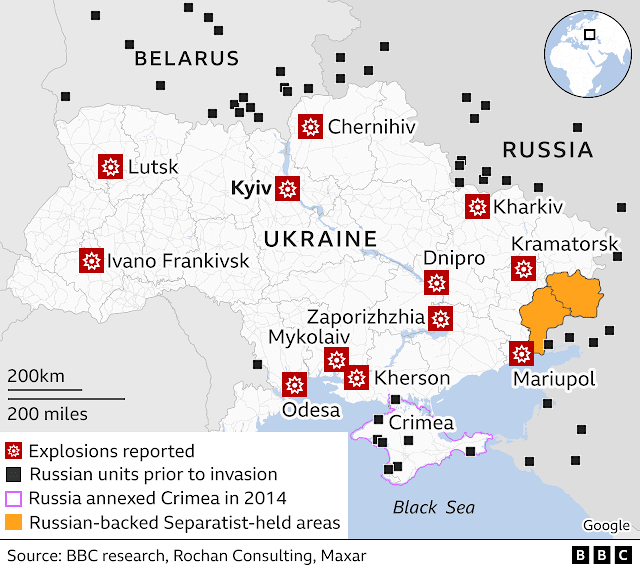TOPIC: The Geopolitical Backdrop to Today's Twin Terror Attacks in Uganda
Today, police in the Ugandan capital of Kampala are reporting twin suicide attacks in the capital that have killed at least three people and injured another 33. These attacks are the latest in a string of terror attacks that have struck the landlocked country in East Africa. Less than a month prior, on October 25th, a suicide bomber attacked a passenger bus in Kampala, killing himself. Only two days prior, a separate bomb was detonated at a restaurant, killing one individual and wounding seven others.
Who is to Blame for the Attacks?
The latest attacks are yet to have a claimant, but police suspect that those to blame are those of the same group or at least of a similar affiliation, as those who claimed responsibility for the October attacks. Responsibility was claimed by the Allied Democratic Forces or ADF, an affiliate of ISIS in Central Africa. The ADF are an Islamist group designated as a terrorist organisation by the Ugandan government. Formed in the late 1990s in north-western Uganda, the group have then spread into the war-torn and lawless Democratic Republic of Congo (DRC). Though Islamist in nature and having pledged allegiance to the notion of an Islamic caliphate, the stated aims have often been vague and disparate, though with a general objective to 'crusade', in East and Central Africa against perceived enemies.
The Geopolitical Reasons for Uganda's Attacks
Uganda is not a nation in the west synonymous with terror attacks, but since 2013, they have been occurring with increasing frequency. The reasons for this are complicated and multifaceted, but can be condensed into several geopolitical categories. The demographics and geography of Uganda play a crucial role. There is a Muslim minority in the predominantly Christian state, estimated to be around 13% of the 42 million people nation. As with many in Central Africa, poverty and social marginalisation of these mostly northern communities pre-dispose them to Islamist radicalisation. Equally, the terrain of northern Uganda is extremely difficult to control, with dense jungles and a porous border with the DRC. This allows even small and badly-funded insurgencies to survive against domestic militaries.
Then there are the political reasons for the increases in attacks on Ugandan soil. The long-time President Yoweri Museveni, has made a point of aligning himself with US interests in Africa. This brings Uganda on the side of the West in the 'war against terror', making it a legitimate target to many Islamist groups. Furthermore, Uganda has proved persistent in asserting itself regionally against terror organisations, by deploying its military forces internationally. Uganda was the first African nation to deploy its forces against al-Shabab in Somalia, whilst subsequently deploying in the Central African Republic, DRC and South Sudan. This pro-active stance in favour of the US and in opposition to Islamist extremism, placed Uganda in the frontline of the war against terror. With its demographic and geographic features exacerbating this position, the attacks on Kampala today are unlikely to be the last.
(Source: Photograph, Ivan Kabuve/AFP via Getty).



Comments
Post a Comment